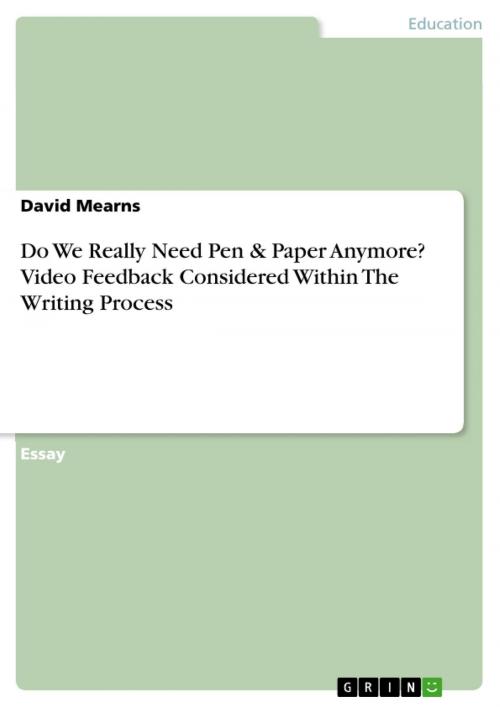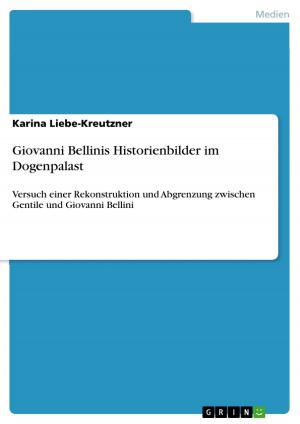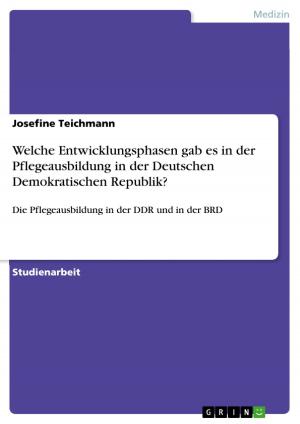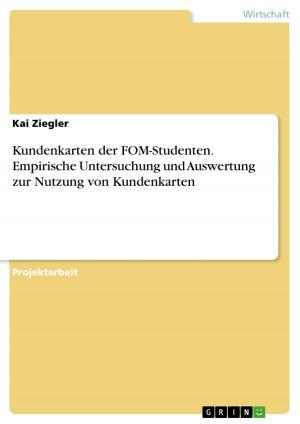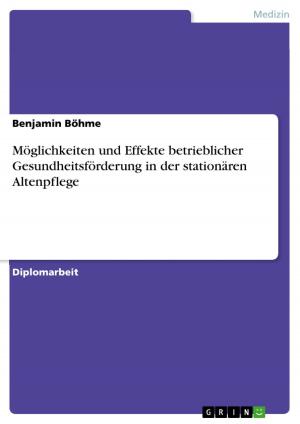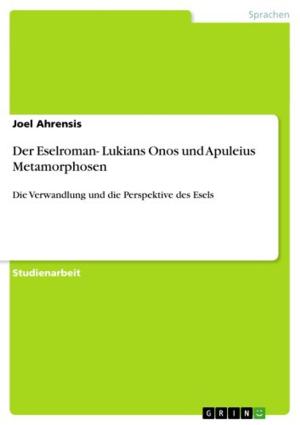Do We Really Need Pen & Paper Anymore? Video Feedback Considered Within The Writing Process
Nonfiction, Reference & Language, Education & Teaching| Author: | David Mearns | ISBN: | 9783656151210 |
| Publisher: | GRIN Verlag | Publication: | March 13, 2012 |
| Imprint: | GRIN Verlag | Language: | English |
| Author: | David Mearns |
| ISBN: | 9783656151210 |
| Publisher: | GRIN Verlag |
| Publication: | March 13, 2012 |
| Imprint: | GRIN Verlag |
| Language: | English |
Essay from the year 2012 in the subject Pedagogy - Common Didactics, Educational Objectives, Methods, , language: English, abstract: The practice of giving feedback within the writing process has been the subject of many studies since the mid-1980s. The call for teachers to develop better feedback practices became apparent after studies showed that students have been generally less than satisfied with how teacher-student written feedback has been given. This chapter aims to identify how teachers may be able to offer feedback in a way that engages students, and presents them with clear messages that they will understand and appreciate. In order for this to be tangible in this context, the consideration and integration of alternative modes of learning through Information Communication Technologies (ICT) need to be realised. In particular, the use of Web 2.0 technology to assist in the writing process by giving students video feedback, instead of written feedback, on their draft papers. The primary epistemology of the proposed approach is consistent with students looking for improved methods of feedback they receive from teachers. This paper describes ongoing ICT-pedagogical practices for improving feedback given by teachers to students at high school level. The students aged fourteen-sixteen are members of a small Turkish high school population of around three hundred pupils. Based on my own classroom research, this paper focuses on feedback given on academic essays completed within the writing process, in order to discover how students respond to a different type of feedback than that to which they have been accustomed. I will also suggest that we, as ELT practitioners, find ways to move for a change to our feedback practices, and provide students with an alternative methodology that could lead to better student-engagement and focused writing practices within this context.
Essay from the year 2012 in the subject Pedagogy - Common Didactics, Educational Objectives, Methods, , language: English, abstract: The practice of giving feedback within the writing process has been the subject of many studies since the mid-1980s. The call for teachers to develop better feedback practices became apparent after studies showed that students have been generally less than satisfied with how teacher-student written feedback has been given. This chapter aims to identify how teachers may be able to offer feedback in a way that engages students, and presents them with clear messages that they will understand and appreciate. In order for this to be tangible in this context, the consideration and integration of alternative modes of learning through Information Communication Technologies (ICT) need to be realised. In particular, the use of Web 2.0 technology to assist in the writing process by giving students video feedback, instead of written feedback, on their draft papers. The primary epistemology of the proposed approach is consistent with students looking for improved methods of feedback they receive from teachers. This paper describes ongoing ICT-pedagogical practices for improving feedback given by teachers to students at high school level. The students aged fourteen-sixteen are members of a small Turkish high school population of around three hundred pupils. Based on my own classroom research, this paper focuses on feedback given on academic essays completed within the writing process, in order to discover how students respond to a different type of feedback than that to which they have been accustomed. I will also suggest that we, as ELT practitioners, find ways to move for a change to our feedback practices, and provide students with an alternative methodology that could lead to better student-engagement and focused writing practices within this context.
